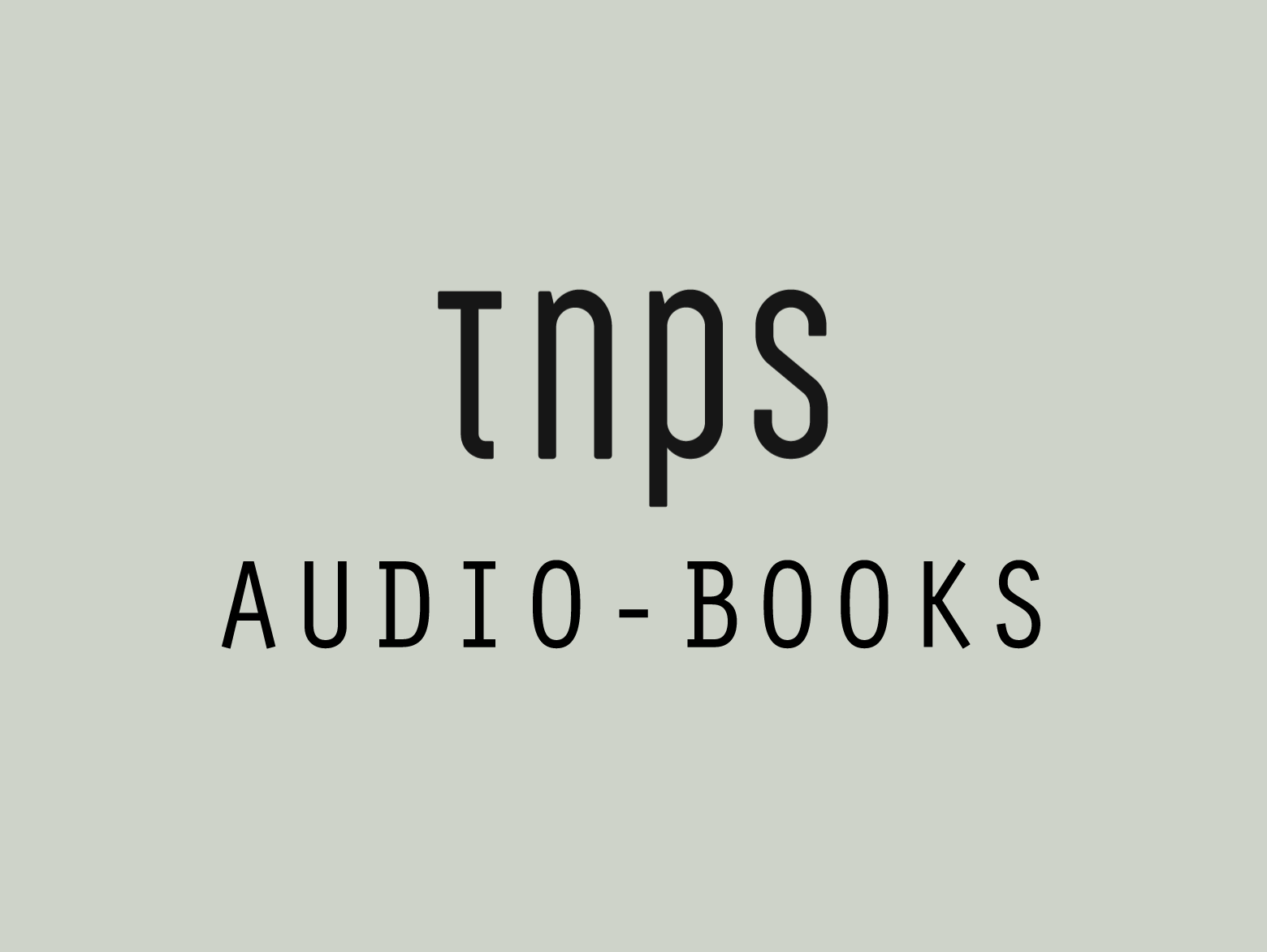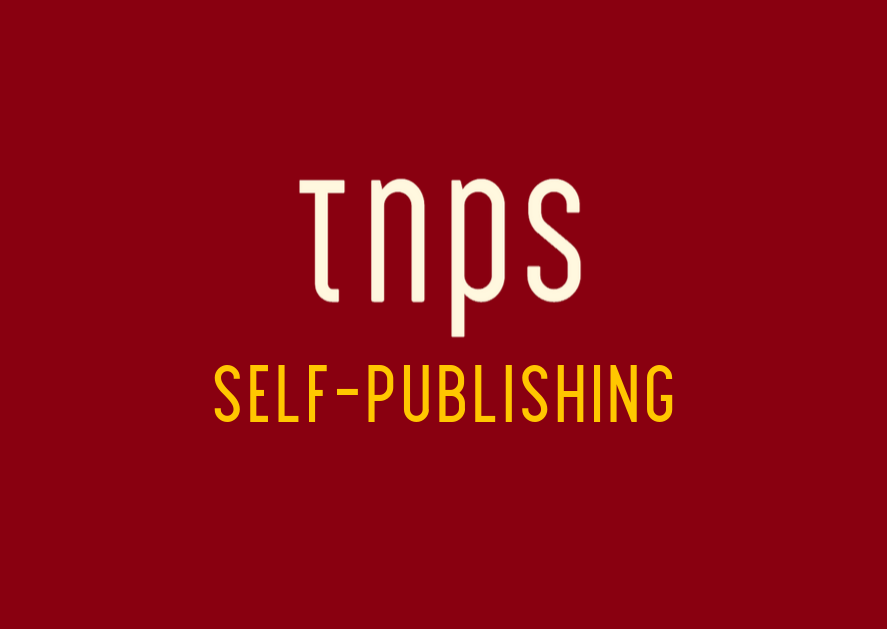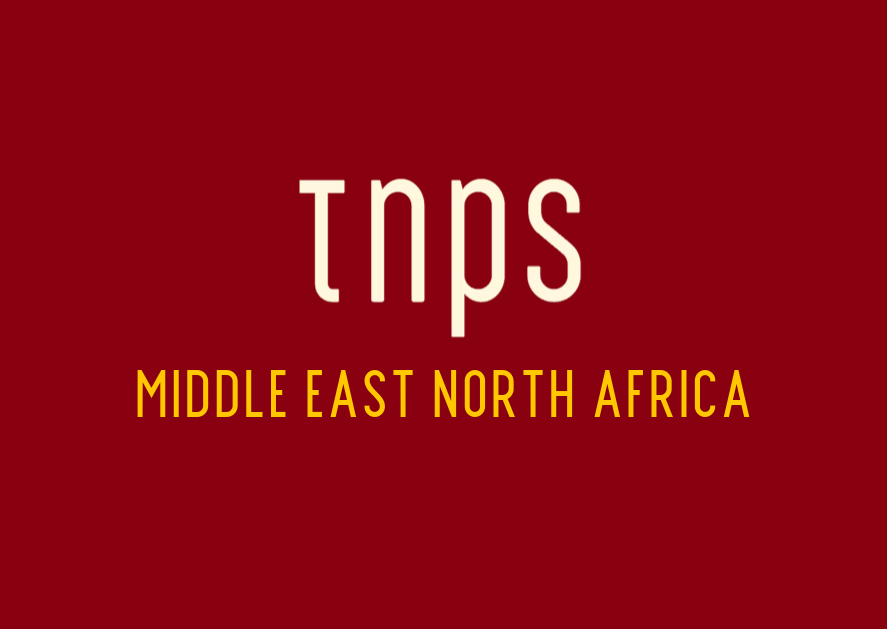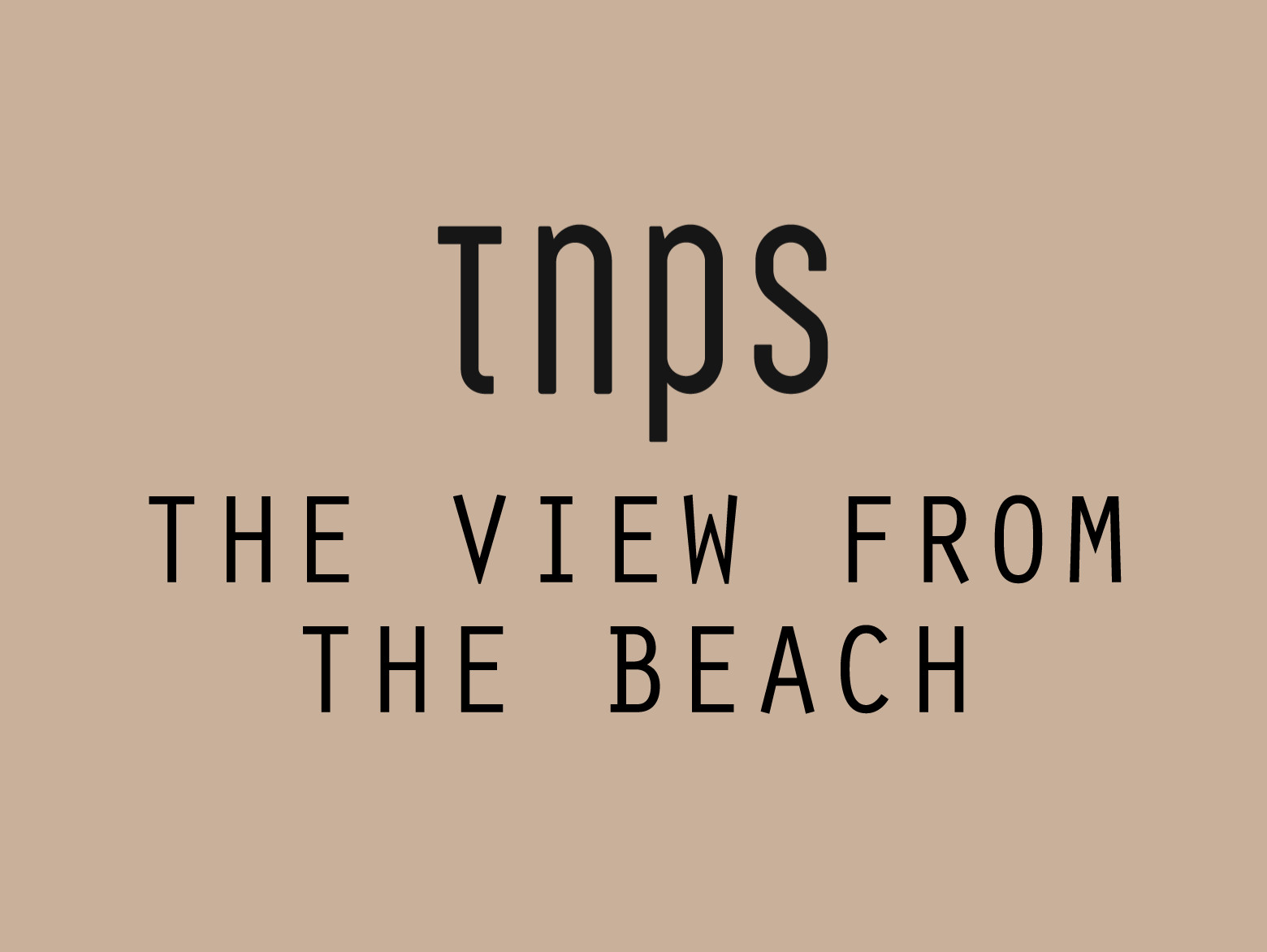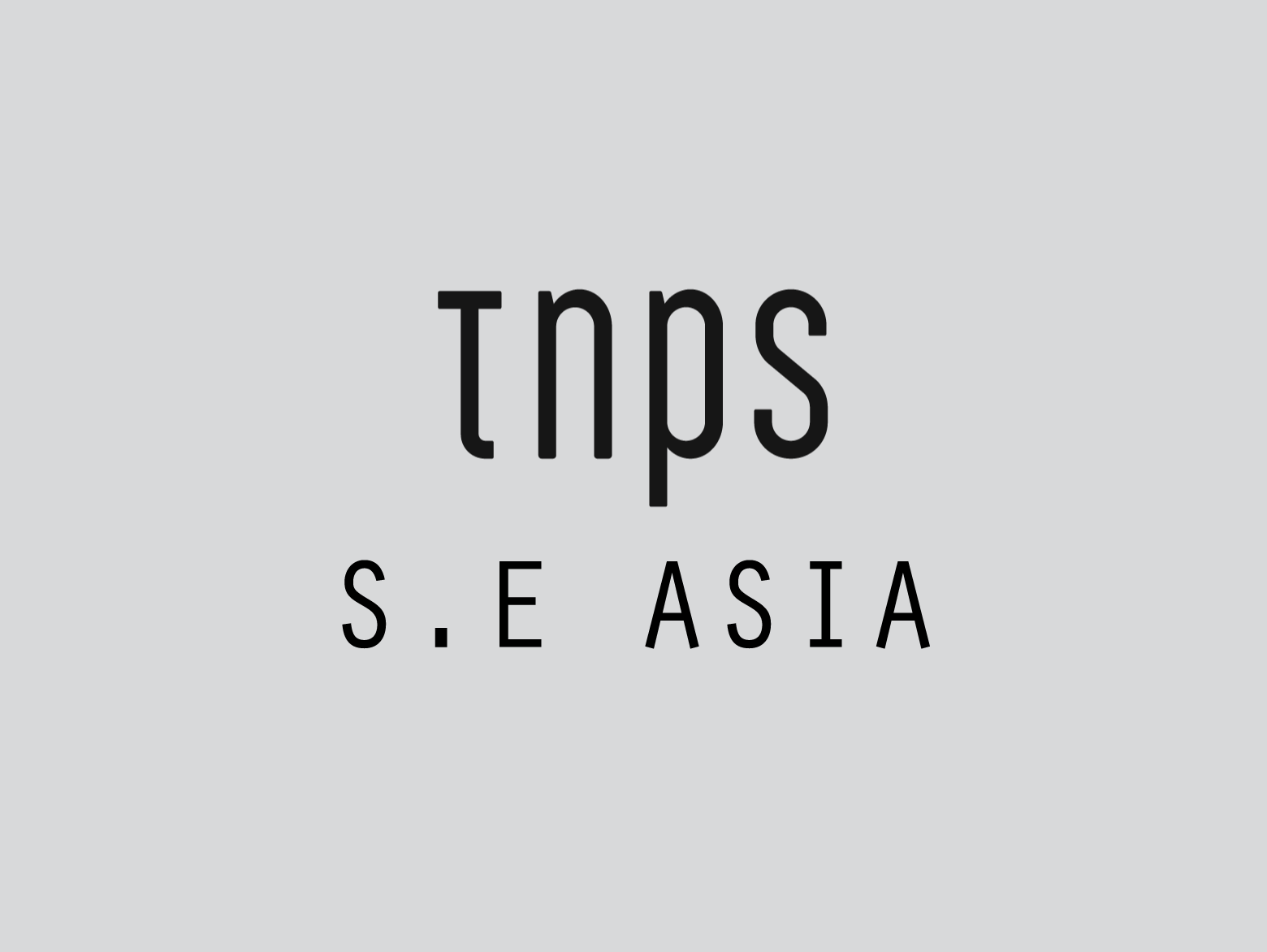First, the numbers.
Despite adding 100,000 subscribers, Storytel missed its 725,000 target for Q3, averaging just 720,900.
But streaming revenue exceeded expectations, coming in at SEK 280 million ($30.8 million), against a forecast of 275.5 million.
International subscriptions rose by 78,200 to a total of 384,700 but there is no breakdown offered on which countries are performing well.
International streaming revenue beat expectations by SEK 3.5 million, totaling 144 million for Q3.
And there’s more good news on the horizon for Storytel’s EU operations. In Sweden the monthly subscription is hit with a 25% VAT rate, but that will likely to be reduced to 6% in the near future.
Storytel CEO Jonas Tellander explained in a press release,
Our international expansion is clearly succeeding, and is becoming an increasingly important part of our growth curve. One of our goals for the year was to increase our international streaming revenues to over 50% of total streaming revenues. We reached this goal in the third quarter –– slightly more than 51% of our total streaming revenues come from markets outside of Sweden, as compared to 43% during the third quarter of 2017.
Leaving aside the numbers, what matters here is the direction and the impact these results will have elsewhere.
In Scandinavia, where Amazon has yet to make any serious inroads, publishers have cautiously embraced Storytel’s subscription model, and while the road has not been entirely smooth, publishers by and large are seeing the benefit.
But in the big Anglophone markets, where Amazon holds sway, publishers are much more wary of the model Storytel uses, resulting in Storytel’s main competitor BookBeat putting its UK aspirations on hold.
And while Storytel has booked the domains for US, UK, Canada, etc, it seems very unlikely Storytel will be looking seriously at these markets any time soon, for the twin reasons that Amazon is already the dominant player and that these publishers are not willing to gamble on Storytel’s model.
But against this we have to balance the simple fact that Storytel is proving the model as it goes, demonstrating not just significant consumer interest, but significant revenue streams for publishers.
Probably not this decade, but almost certainly sometime in the next, publishers in the US and UK are going have to grasp the subscription model nettle, whether they like it or not.

